Johnny Butterflyseed Achieves “2X Carbon-Negative” Status, Doubling Down on Environmental Responsibility
In simple terms, Johnny Butterflyseed removes twice the carbon dioxide emitted.
Anything that Grows Butterflies falls under “Butterfly Farming”
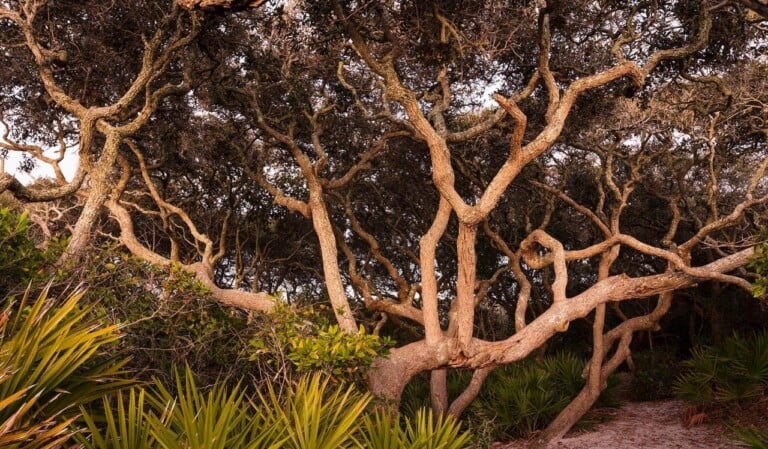
In simple terms, Johnny Butterflyseed removes twice the carbon dioxide emitted.

Good things come in small packages, and Johnny Butterflyseed is proving just that by transitioning to smaller seed packets for 2024. We’ve resized our packets from the standard seed packet size of 4.5″ x 3.25″ weighing 4 grams with labels, to a more compact #1 coin envelope, we are calling a Micropacket, which is 3.5″…
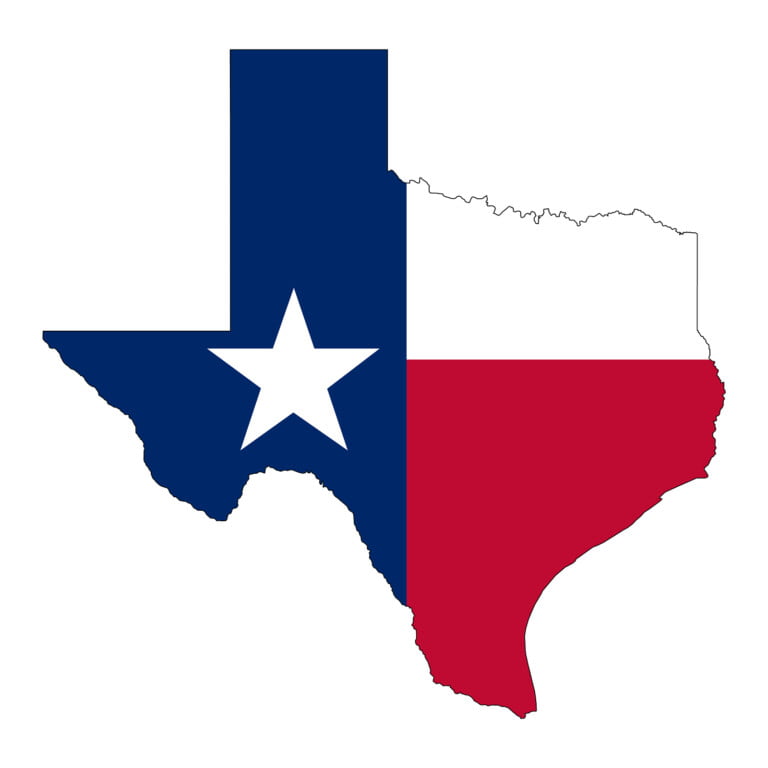
Milkweeds are not just another pretty plant; they’re the cornerstone of a complex ecological web. Serving as the primary host plants for the famed Monarch butterfly, these hardy perennials play a crucial role in ecosystems across the United States, including the diverse landscapes of Texas.
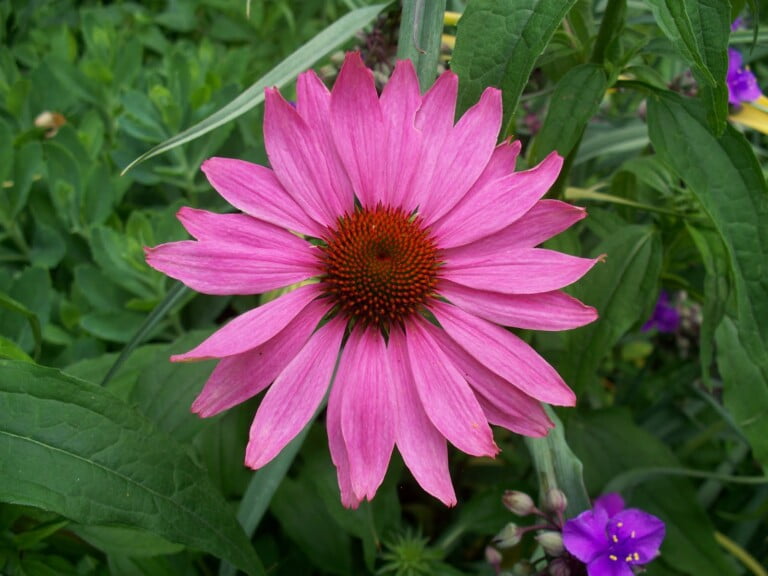
The Purple Coneflower, scientifically known as Echinacea purpurea, is a captivating native perennial that adds a splash of color to any garden while also serving as a critical plant for Florida ecology
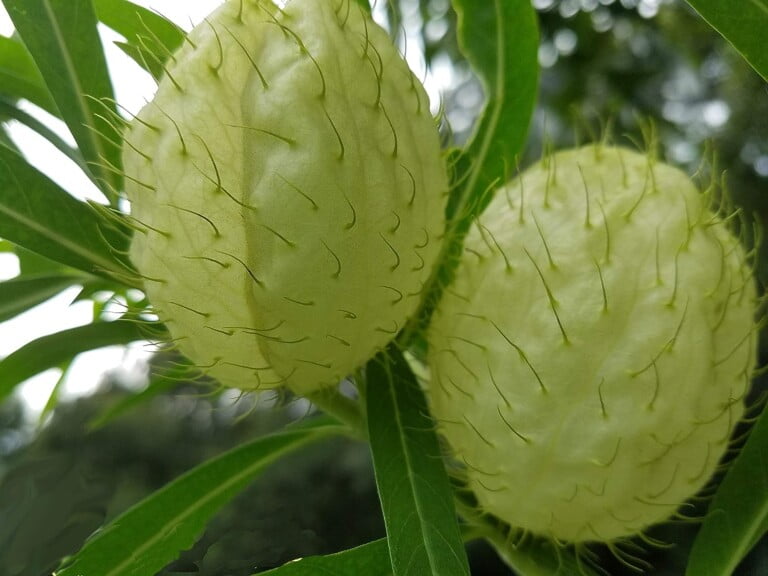
Hairy Balls are more than just a conversation starter; they’re a butterfly haven and a testament to the weird and wonderful world of flora. Whether you’re in the southern U.S., northern Mexico, or Australia, this plant offers something for everyone—both in laughs and ecological benefits.
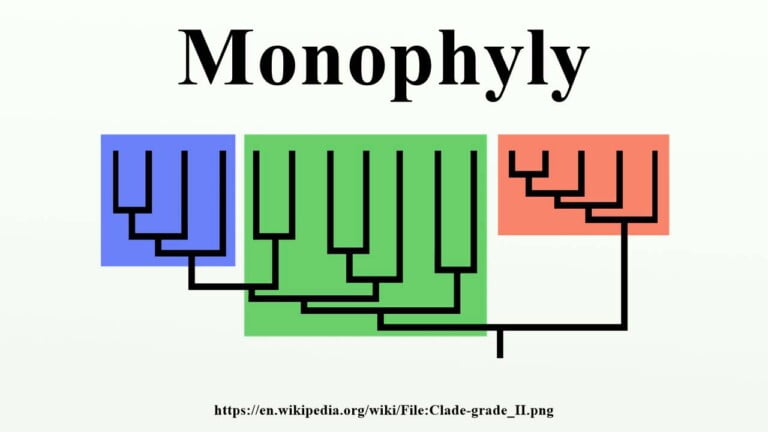
The term “monophyletic” refers to a group of organisms that share a single common ancestor, and this common ancestor is included within the group.
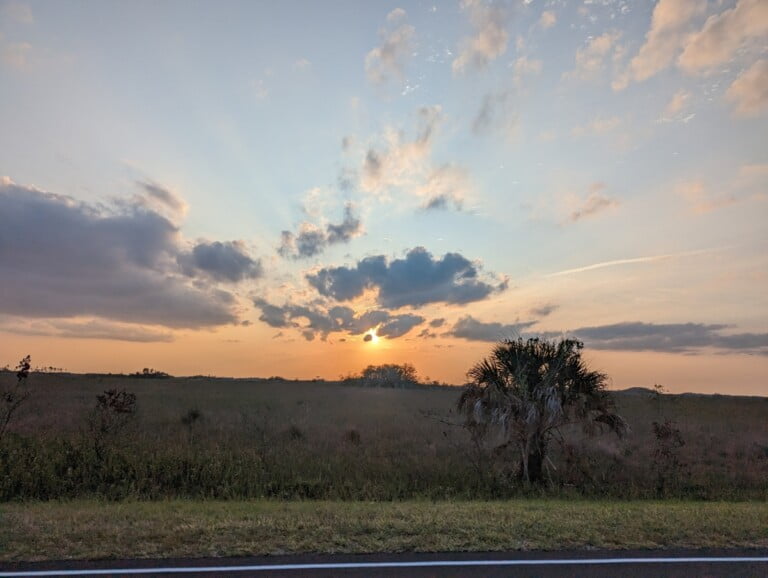
Florida’s native palms play a crucial role in the state’s ecological balance, especially as larval hosts for several butterfly and moth species.

Embracing the Florida Milkvine and other native plants is a step towards a more sustainable, biodiverse, and beautiful Florida.